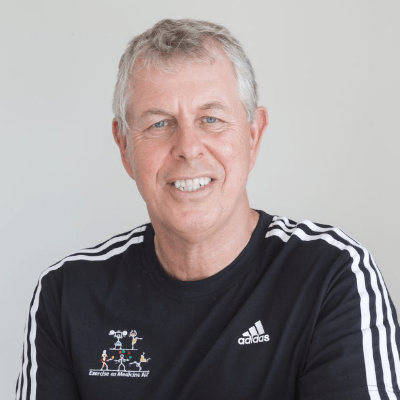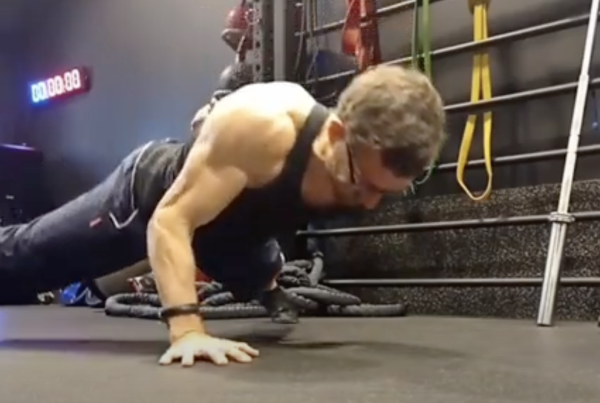Tim Webster reports.
Back in the day we believed the brain was a pretty rigid structure and neural development was all but done and dusted by early childhood. Then researchers discovered the brain is plastic and it adapts to the stimulae it receives. In other words, the brain is changing all the time.
You may be familiar with the term ‘neurons that fire together, wire together’. What this means is that, if you do, say or think something often enough, the neurons involved will connect and a new neural pathway will be created. The positive psychology industry is built on this.
So, what has the ability of the brain to make new neural pathways given the right stimulus (neuroplasticity) got to do with the exercise industry? Well, one of the more recent discoveries is that high-intensity exercise in particular produces brain derived neurotrophic factor (BDNF) and BDNF is effectively ‘Miracle Gro’ for the brain. In other words, the right kind of exercise stimulates neuroplasticity.
I’ve worked with neurodegenerative conditions like Parkinson’s (PD), MS, stroke and, recently, brain injury. Parkinson’s closes down neural pathways in the brain and this process is progressive. Medication helps, and DEEP BRAIN Stimulation is an (expensive) option, but there is no cure.
A decade or more ago, some bright spark figured out that, if high-intensity exercise was ‘Miracle Gro’ for the brain, maybe it could help the PD brain make new neural pathways that would, to some degree, compensate for the loss of the old ones. And so programmes like LSVT Big, PD Warrior, Delay the Disease, Rock Steady Boxing, Counterpunch for Parkinson’s and PWR sprung up.
They started getting impressive results.
I was the lone exercise professional on a couple of these courses, so I found myself asking one simple question: If exercise facilitates neuroplasticity and neuroplasticity can help PD patients slow down the progression of the disease, why aren’t more exercise professionals embracing this opportunity?
There are around 145,000 Parkinson’s patients in the UK. There is a similar number of MS sufferers and stroke survivors – that’s approaching half a million people with neurodegenerative/autoimmune diseases who are being told exercise is good for them but don’t know where to get skilled help. It doesn’t take a rocket scientist to figure out that this is a market in which exercise professionals could and should flourish.
I believe the time could be right for a new category of exercise professional – let’s call them the neurotrainer – to emerge. This new category of neurotrainer exercise professional would be positioned between a regular PT and a physio/OT – and they would be able to talk the language of both.
What do you think? Send your thoughts to publish@fitpro.com or head over to Twitter to start a conversation.
Tim Webster has written a foundation course for exercise professionals called Parkinson’s Pro. The course is designed to give PTs and group exercise teachers the skills they need to start working with PD patients – and it is available on the FitPro Online Education Platform.
Where to next? Read about medical cannabis on the NHS.








